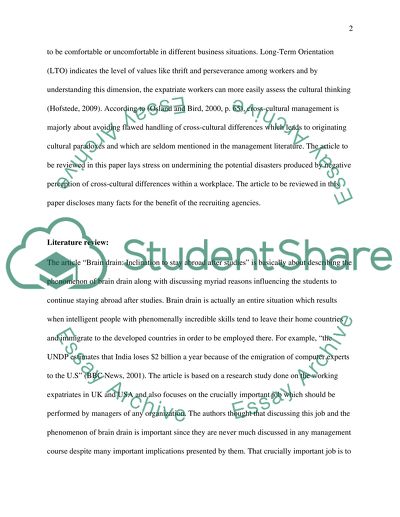Cite this document
(Brain Drain: Inclination to Stay Abroad After Studies Literature review, n.d.)
Brain Drain: Inclination to Stay Abroad After Studies Literature review. Retrieved from https://studentshare.org/psychology/1584767-brain-drain-inclination-to-stay-abroad-after-studies
Brain Drain: Inclination to Stay Abroad After Studies Literature review. Retrieved from https://studentshare.org/psychology/1584767-brain-drain-inclination-to-stay-abroad-after-studies
(Brain Drain: Inclination to Stay Abroad After Studies Literature Review)
Brain Drain: Inclination to Stay Abroad After Studies Literature Review. https://studentshare.org/psychology/1584767-brain-drain-inclination-to-stay-abroad-after-studies.
Brain Drain: Inclination to Stay Abroad After Studies Literature Review. https://studentshare.org/psychology/1584767-brain-drain-inclination-to-stay-abroad-after-studies.
“Brain Drain: Inclination to Stay Abroad After Studies Literature Review”. https://studentshare.org/psychology/1584767-brain-drain-inclination-to-stay-abroad-after-studies.


